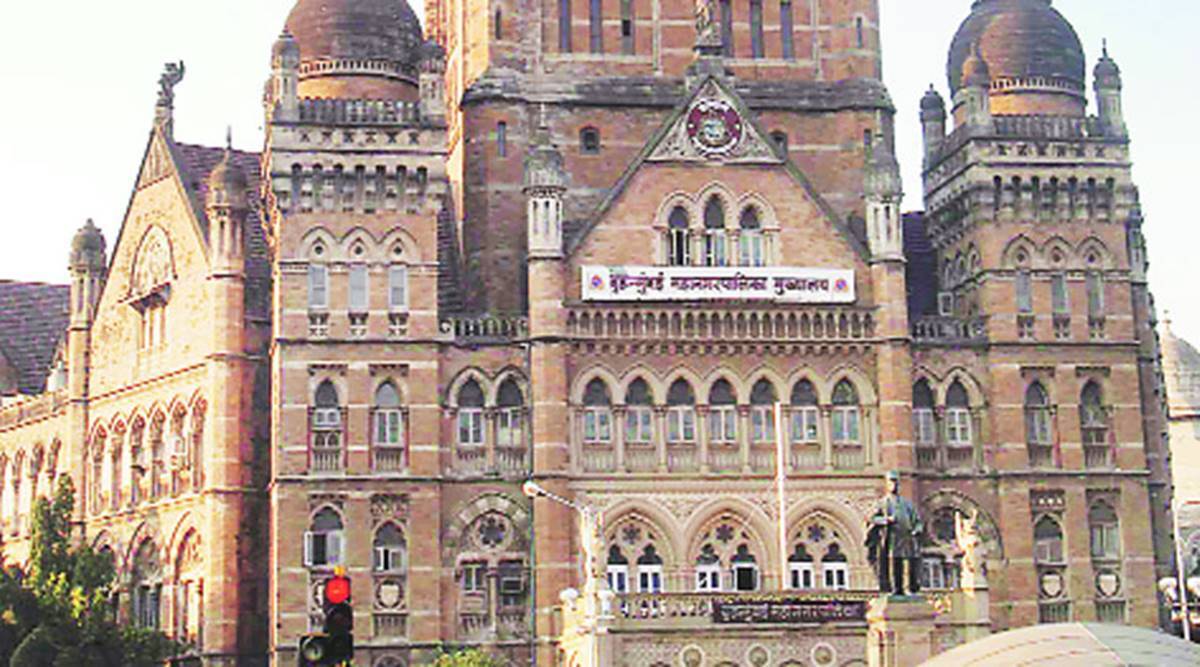 There are three operational mini waste-to-energy plants, one each at Pali Hill and Haji Ali with a capacity to handle two MT of organic waste per day, and one at Malad with a capacity to take 30 MT of organic waste per day.
There are three operational mini waste-to-energy plants, one each at Pali Hill and Haji Ali with a capacity to handle two MT of organic waste per day, and one at Malad with a capacity to take 30 MT of organic waste per day. The Brihanmumbai Municipal Corporation (BMC) is setting up nine mini waste-to-energy or biomethanisation plants with the capacity to process two metric tonnes (MT) of organic waste per day. These will be located across Mumbai with the aim to help reduce wet waste going to the Deonar and Kanjurmarg dumping grounds.
At present, Mumbai sends about 6,500 MT of waste to the two dumping grounds, and has been planning decentralised waste management and segregation at each ward.
There are three operational mini waste-to-energy plants, one each at Pali Hill and Haji Ali with a capacity to handle two MT of organic waste per day, and one at Malad with a capacity to take 30 MT of organic waste per day.
Meanwhile, each of the nine plants will require about 2,200 sqft of land, and 500 litres of water per day for operation. Waste will be segregated by the civic body and organic wet waste will be sent to the biomethanisation plants. Plastic and paper waste will not be recycled at the plant.
Subscriber Only Stories
A senior civic official from the solid waste management department said, “Wards have been directed to find suitable plots in their jurisdiction to set up the nine biomethanisation plants.”
The electricity generated from each plant will be used in the nearest BMC building. BMC has estimated net electricity production of 30 to 50 units per day, after basic consumption demand is met. The leftover will be settled with the electricity provider for metering. Approximately 300kg of manure will be produced per day, and will be used in municipal gardens and plantations across the city.
BMC recently floated tenders to set up the biomethanisation plants, which include contracts for operation and maintenance for a period of five years after construction is completed.
With the aim of scientific closure of the Mulund dumping ground, 500 MT of waste is biomined every day there. Of the 70 lakh MT of waste at the dumping ground, biomining has been completed for 10 lakh MT, according to data from BMC’s solid waste management department. The senior civic official quoted above said, “After monsoon, BMC will procure new machinary which will increase the daily biomining capacity at Mulund.”
Meanwhile, after half a decade of waiting, construction of BMC’s 600 MT waste-to-energy plant at Deonar dumping ground will begin after monsoon, as work orders have already been issued to the contractor. On June 4, BMC received the consent order from Maharashtra Pollution Control Board, enabling it to begin work.
In May this year, BMC set up a committee to assess the need for a second waste-to-energy plant at Deonar dumping ground, as it is expecting the quantity of waste generated daily to reduce gradually with interventions. On the basis of this committee’s report, the BMC will decide on the capacity of the second waste-to-energy plant at the dumping ground.
- The Indian Express website has been rated GREEN for its credibility and trustworthiness by Newsguard, a global service that rates news sources for their journalistic standards.

